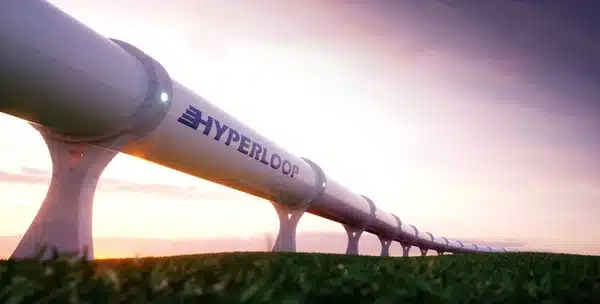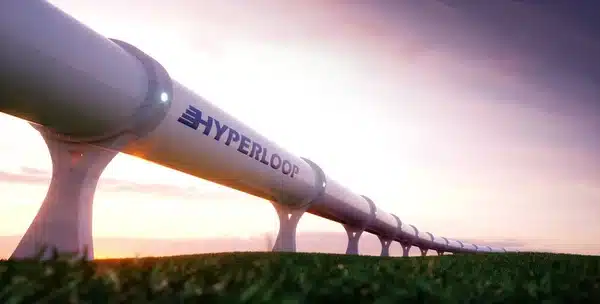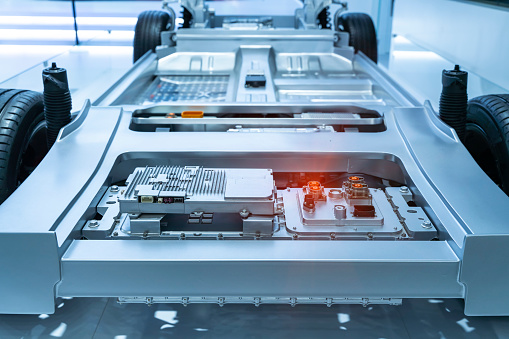Hyperloop technology is a futuristic mode of transportation that has the potential to revolutionize the way people travel. Here are five benefits of Hyperloop technology:
Hyperloop
- High-speed travel: Hyperloop technology can enable travel at speeds of up to 700 miles per hour (1,100 kilometers per hour), which is significantly faster than any existing mode of transportation. This means that long-distance travel can be completed in a fraction of the time it takes now.
- Energy efficiency: Hyperloop technology is designed to be very energy-efficient, using renewable energy sources such as solar power. This means that it has the potential to be a sustainable alternative to current transportation options, which are major contributors to climate change.
- Lower costs: The use of renewable energy sources, combined with reduced infrastructure and operational costs, could make Hyperloop transportation much more affordable than other high-speed options like high-speed rail or air travel.
- Reduced congestion: Hyperloop technology could reduce the number of cars and airplanes on the roads and in the skies, which would decrease traffic congestion and air pollution. This could lead to significant improvements in air quality and public health.
- Economic benefits: Hyperloop transportation systems could create new job opportunities in fields like engineering, construction, and operations. It could also boost tourism and trade between cities and regions, leading to economic growth and development.
Here are some additional benefits of Hyperloop technology:
- Increased safety: Hyperloop pods would travel through tubes, which are shielded from the outside world, making them less vulnerable to accidents caused by weather or other external factors. The pods themselves would also be designed to be safe, with features like emergency braking systems and fail-safe mechanisms.
- Reduced travel time: Hyperloop technology can make it possible for people to travel between cities or regions in a fraction of the time it takes now. This could make it easier for people to live and work in different areas, and could also make it easier for businesses to expand their operations.
- Improved accessibility: Hyperloop technology can potentially be used to connect remote or underserved areas, making it easier for people in those areas to access services, education, and job opportunities.
- Reduced environmental impact: Hyperloop technology is designed to be much more environmentally friendly than other modes of transportation, as it would emit far fewer greenhouse gases and pollutants. This could help to mitigate the impacts of climate change.
- Innovation and progress: The development of Hyperloop technology is driving innovation and progress in the fields of engineering, materials science, and many other areas. It is a testament to human creativity and our ability to solve complex problems with new and innovative solutions.





